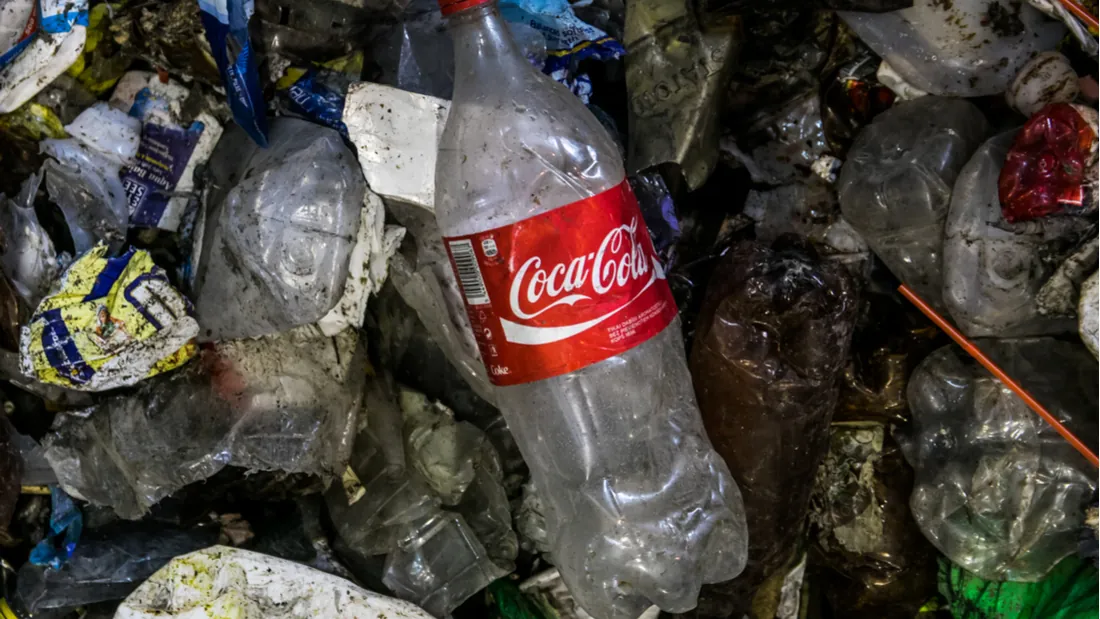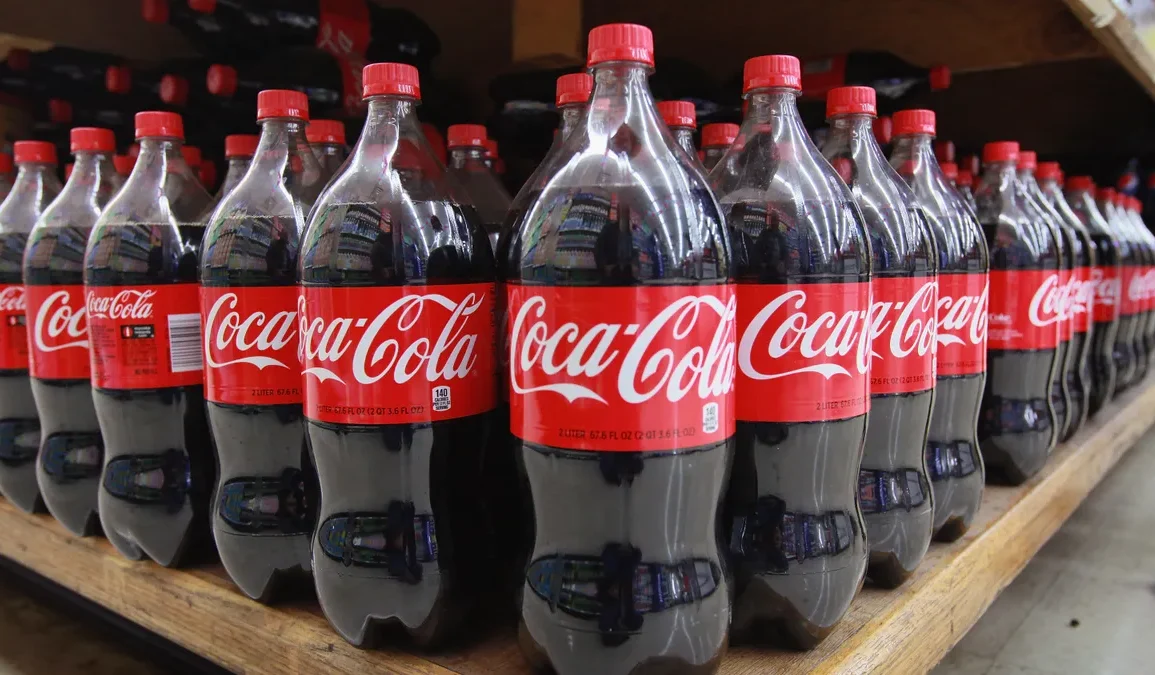Coca-Cola has recently revised its sustainability goals, which has sparked backlash from environmental groups. The company announced that it now plans to use 35% to 40% recycled materials in its packaging by 2035, significantly lowering its previous target of 50% by 2030.
This decision is part of Coca-Cola’s effort to reassess its sustainability approach, based on years of experience and challenges encountered along the way. However, the reduced goals have been met with criticism from environmental activists who argue that the company is backpedaling on its commitment to reducing plastic waste.
In addition to scaling back its use of recycled materials, Coca-Cola has revised its recycling target. Originally, the company aimed to recycle the equivalent of every plastic bottle it produced by 2030. However, the new goal only seeks to “ensure the collection” of 70% to 75% of its bottles and cans, without specifying a clear deadline for reaching this target. This shift is concerning for environmentalists, as plastic pollution continues to grow, with companies producing record amounts of plastic despite claims of sustainability.

Plastic pollution remains a critical issue globally, particularly because most plastics are made from fossil fuels, contributing to environmental degradation. A recent Minderoo Foundation report highlighted the ongoing problem of rising plastic production, despite efforts by companies like Coca-Cola to reduce their environmental impact.
The company defended its revised targets, emphasizing that sustainability challenges are complex and require effective resource allocation and collaboration with partners to achieve long-term positive impact.
Environmental organizations, such as Oceana, have criticized Coca-Cola for its weakened commitments. They argue that the company’s new recycling goals are insufficient and will not address the scale of the plastic pollution crisis.
Oceana’s senior vice president, Matt Littlejohn, condemned Coca-Cola’s move as irresponsible, urging investors and governments to hold the company accountable for its role in global plastic waste. These concerns reflect a broader distrust of corporate sustainability pledges, particularly when they appear to be watered down.
Despite these criticisms, Coca-Cola has made some strides in reducing plastic waste. Earlier in 2024, the company introduced new bottles made entirely from recycled plastic across all its product lines in the U.S. This initiative is expected to reduce the use of 83 million pounds of plastic, equivalent to two billion bottles.
However, Coca-Cola’s ongoing dominance as the world’s top plastic polluter, as named by Break Free from Plastic in 2023, casts a shadow over these efforts. The organization claims Coca-Cola’s revised goals represent a “greenwashing” attempt, undermining the company’s environmental credibility.

